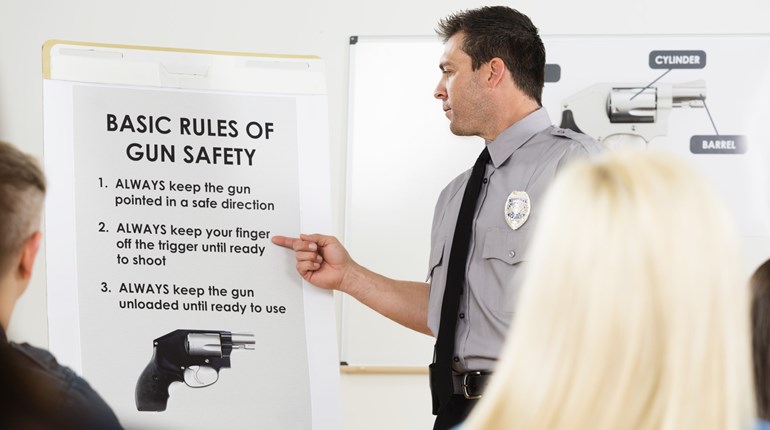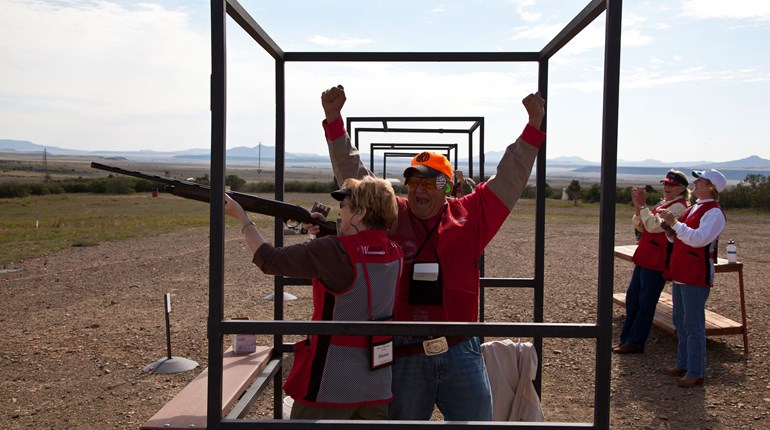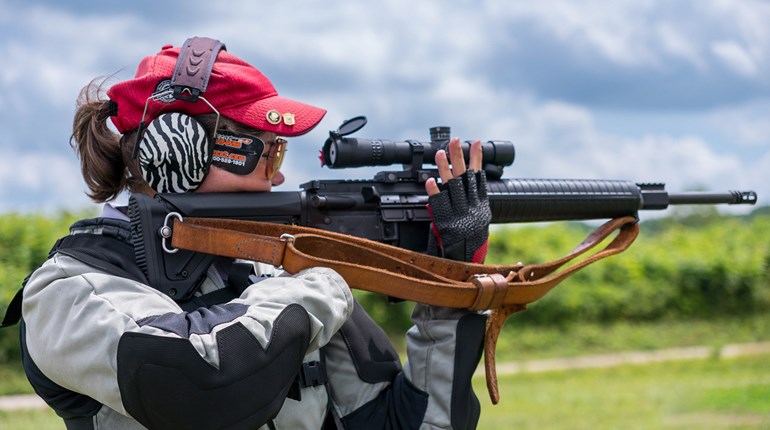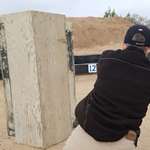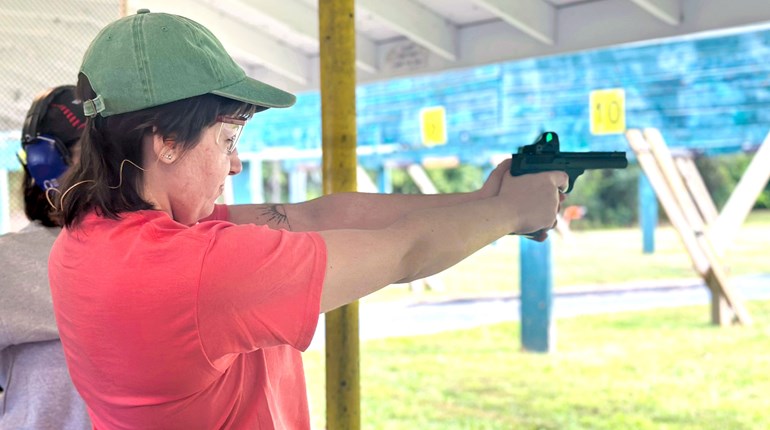
Ask any law-enforcement officer and they’ll tell you: Evil geniuses who devise cunning plans a la Ocean’s Eleven are vanishingly rare. Just like predators in the animal world, the majority of human criminals are looking for the easiest possible score that offers the least possible risk to them. That’s why their “victim selection process” is very important to them—and it’s important to you, too. Essentially, the moments before and around the beginning of the encounter are an interview. The job role is “victim,” and when it comes to self-defense, this is one interview you want to fail. Here’s how to do it.
1: Be late to the interview
One of the best ways to lose a job is to waste the interviewer’s time by being late or a no-show. It’s only natural that the best way to lose the job of “victim” is to simply not be there when the criminal would like to chat. That would be the no-show way to muff the interview. That said, it’s often not practical (or even possible) to relegate ourselves to “safe spaces.” (Furthermore, not all safe spaces are really safe!)
If you can’t be a no-show, be late. By “late,” we mean that everything about your body language should be screaming “I really don’t have time for this.” Your stride should be purposeful but not panicked. You should be alert, head up and eyes scanning around you, while you head towards the places you need to go and the things you need to do. This tells the criminal that if they want what you have, they’re going to have to work for it. Criminals don’t like to work; that’s why they’re criminals.
2: Don’t be a people person
Another way to bomb your interview is to be a difficult personality. There are a few things that the savvier criminals like to do as part of their victim selection process. One very common tactic is to make a small request of you. The request itself will be very reasonable: Can I talk to you for a minute? Can you hold this for me real quick? But here’s the catch: Researchers and used-car salesmen alike know that after the first time you’ve said “yes” to a favor, you’re much more likely to say “yes” to subsequent ones.
That may seem counterintuitive, but the effect is both subtle and fairly universal. It’s dangerous because once you’ve been softened up by the initial request, the next ones will be harder to say “no” to. So the polite “can I talk to you a minute,” becomes the plaintive “come over here,” becomes the threatening “give me your wallet.”
Another common dodge is called “forced teaming.” The criminal is trying to get you to think of him as being on your side, so you’ll drop your guard. The easiest way to spot this one is the use of the word “we” when there isn’t any “we”—just a you and a him. Forced teaming also often takes the form of an unsolicited offer to help you. (Yes, just two paragraphs ago we were talking about the criminal asking for your help as a way to soften you up. It goes the other way, too.)
Of course, it’s extremely common to get unsolicited offers of help from strangers; that’s how strangers become friends. Most people who offer to help you are just being nice. Forced teaming is different from “being nice.” Someone who is just being nice will take no for an answer if you politely refuse their assistance.
So, how best to fail that interview? Don’t be a team player; the criminal doesn’t need your help. Don’t be a people person; you don’t owe niceness to strangers. Don’t get to know the criminal; get to “no” him.
Congratulations—you didn’t get the job!












